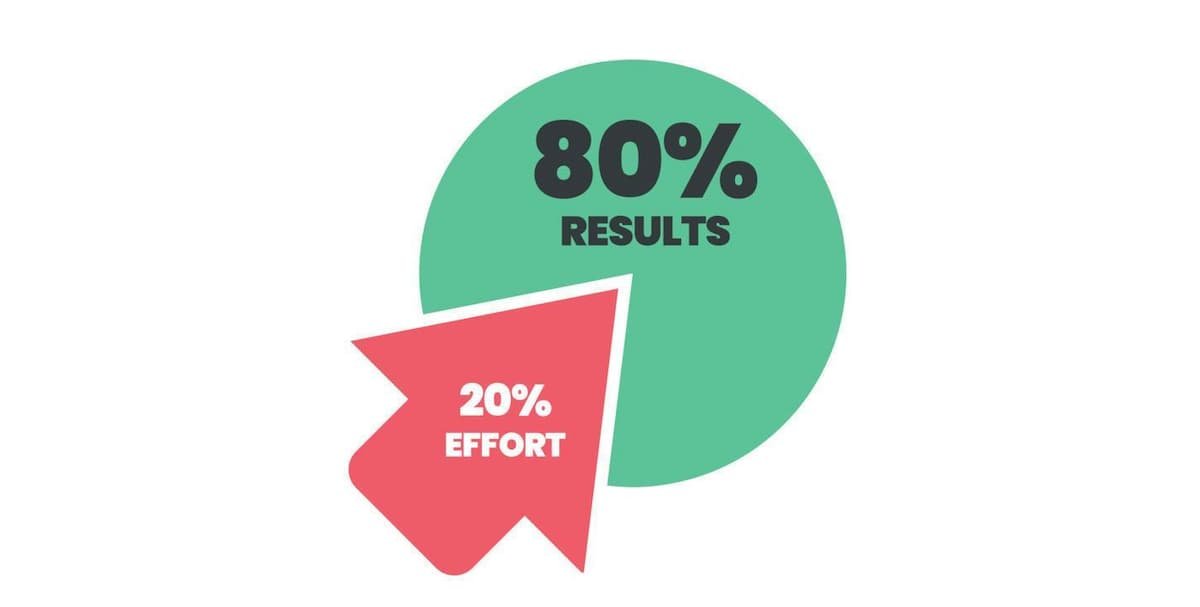Everything Getting Complicated? Try These 8 Psychological Tricks to Simplify Life
Life often feels complicated, but the truth is, a few simple psychological insights can make everything run more smoothly.
These subtle yet powerful mental tricks aren’t about manipulating others—they’re about understanding how your mind works so you can handle emotions, social situations, and daily challenges with ease.
By applying these principles, you can reduce stress, communicate more effectively, and strengthen your relationships.
From boosting confidence to staying calm under pressure, these eight psychological effects can help simplify your everyday life in surprisingly effective ways.
#1. Self-perception Effect

#2. Spotlight Effect

The spotlight effect refers to the tendency to overestimate how much others notice our mistakes or imperfections.
In reality, most people are too focused on themselves to pay close attention to you. Understanding this can reduce social anxiety and help you feel less self-conscious.
When you realize that others aren’t scrutinizing you as much as you think, it becomes easier to relax, be yourself, and stop overthinking every move or action.
#3. Pareto Principle (Apply “The 80/20 Rule” to Your Life)

According to the Pareto Principle, 80% of results come from 20% of actions. The trick is to identify that 20%.
Ask yourself:
“Which few activities or relationships give me the most value, happiness, or peace?”
Then, focus your time and energy there—and let go of the rest.
Maybe 20% of your clients generate 80% of your income, or 20g of your habits contribute to 80% of your happiness (like exercise or quality sleep).Focusing on these high-impact areas simplifies your schedule and multiplies your satisfaction.
#4. Benjamin Franklin Effect

The Benjamin Franklin effect is a fascinating psychological principle where doing a favor for someone actually makes you like them more.
When we help others, our brain justifies the effort by assuming that we must have positive feelings toward them.
Rather than trying to force connections, try asking for a small favor instead. This simple act can naturally build trust and warmth, making social interactions feel more authentic and less stressful.
It’s a subtle way to strengthen relationships and create a genuine bond.
#5. The Power of Silence

Silence is a powerful tool, both in conversation and for self-reflection.
Taking a pause before responding allows you to think more clearly and communicate more effectively.
It also gives others the space to share more openly, fostering stronger connections.
In tense or chaotic situations, silence can help calm the atmosphere and offer your mind a much-needed break.
By learning to appreciate quiet moments, you can enhance your emotional intelligence and reduce misunderstandings.
#6. The Power of Posture

Your posture not only influences how others perceive you, but it also impacts how you feel internally.
Standing tall with open body language can boost your confidence and reduce stress.
This works because your brain responds to physical cues, adjusting your mood to match.
The next time you feel overwhelmed, try straightening your posture and taking a deep breath—it can shift your mindset and help you handle situations with more clarity and calm.
#7. The Mirror Effect

The mirror effect is the subtle practice of reflecting another person’s body language, tone, or expressions during a conversation.
This gentle imitation builds a sense of trust and connection without the need for words. People naturally feel more at ease and understood when their behavior is mirrored.
It’s a simple yet powerful way to create rapport, making social interactions smoother and relationships stronger—especially in new or challenging situations.
#8. The Incoming Flow Effect

The incoming flow effect is about embracing the natural ebb and flow of thoughts and emotions without resistance.
Instead of battling negative feelings or distractions, allow them to pass through you like waves. This mindset helps reduce stress and prevents impulsive reactions.
By accepting the flow of experiences, you create mental space, enabling you to respond thoughtfully rather than react hastily.
It’s a simple yet powerful way to maintain emotional balance and clarity.
Bonus Tip: Build Micro-Routines
Your brain loves structure—it reduces uncertainty and saves energy.
Instead of overhauling your life, create micro-routines: small, repeatable habits that bring order and peace.
Examples:
Morning routine: 5 minutes of gratitude and planning.
Evening routine: Write down 3 wins before bed.
Digital routine: 1 hour daily without screens.
These consistent habits automate positive behavior, freeing your mind from constant decision-making. Over time, they make your life smoother, calmer, and more predictable.
Final Thoughts: Simplicity Begins in the MindLife isn’t about v out everything—it’s about aligning ynour actions and thoughts with what truly matters.
By applying these psychological tricks, you train your mind to let go of clutter—mental, emotional, and physical—and make space for clarity and peace.




